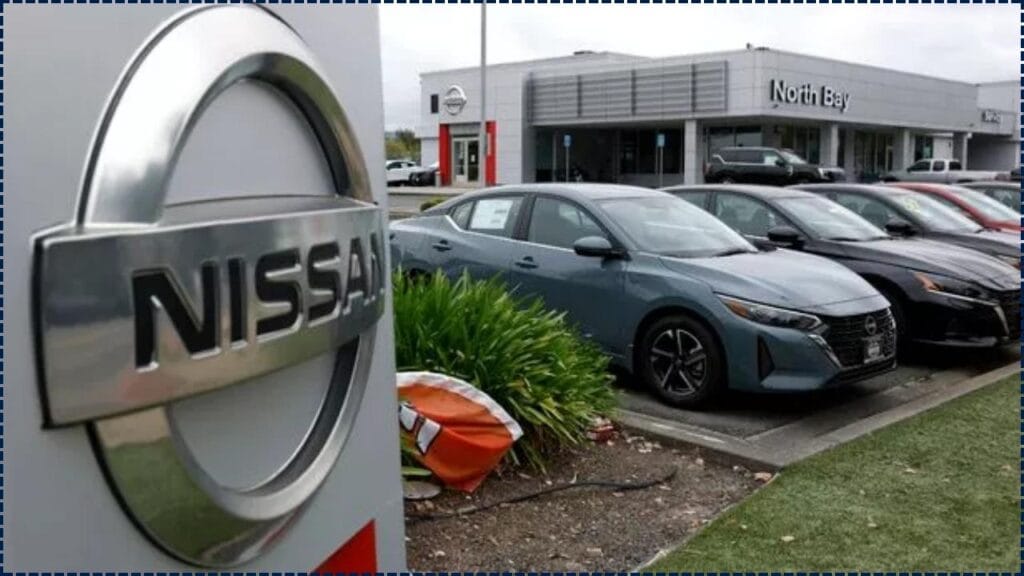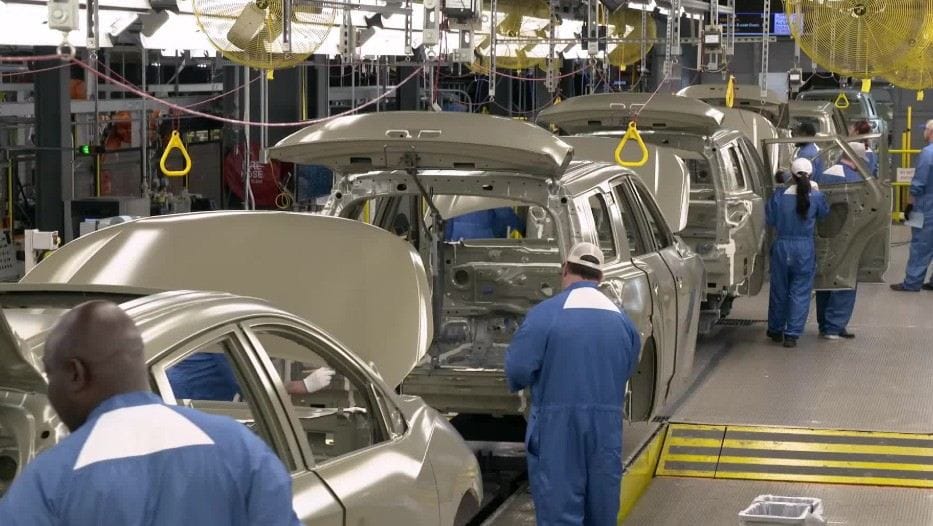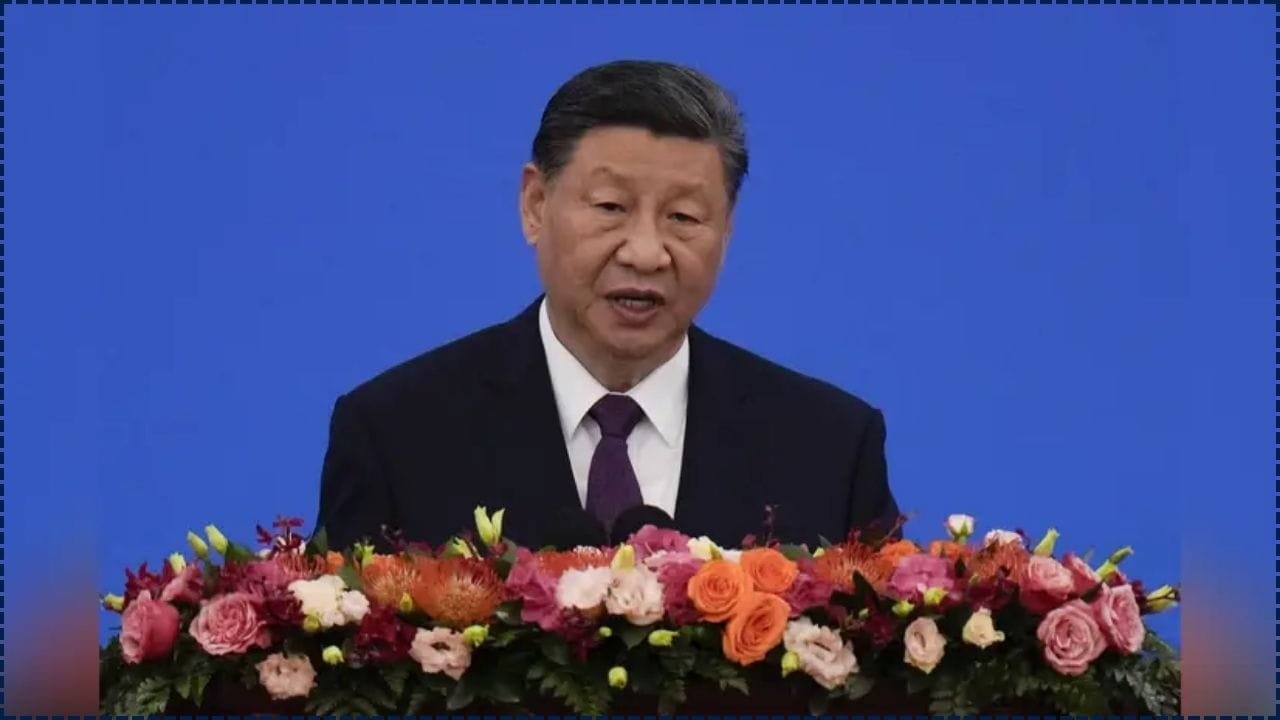In a significant move to ensure driver safety, Nissan has announced a recall affecting over 440,000 vehicles across the United States and Canada. The recall addresses potential issues with the VC-Turbo engines in specific models, which could lead to engine failure and increase the risk of accidents. Nissan is taking proactive steps to ensure that these vehicles are safe to drive, and the recall is part of their effort to prevent serious safety incidents.

This recall highlights a critical issue in Nissan’s VC-Turbo engines, and in this article, we will dive into the details of the recall, the underlying problem, and what vehicle owners need to do to address the issue. Additionally, we’ll discuss what this recall means for Nissan, the auto industry at large, and how it fits into the broader context of automotive recalls.
Nissan Recalls Thousands of Vehicles
| Feature | Details |
|---|---|
| Recall Date | July 3, 2025 |
| Affected Models | 2021–2024 Nissan Rogue, 2019–2020 Nissan Altima, 2019–2022 Infiniti QX50, 2022 Infiniti QX55 |
| Engine Types Affected | 3-cylinder 1.5L and 4-cylinder 2.0L VC-Turbo engines |
| Total Vehicles Affected | 443,000+ (including U.S. and Canada) |
| Estimated Defect Rate | Approximately 1.2% of vehicles within the affected models |
| Potential Risks | Engine failure, loss of power, potential stalling of vehicles |
| Remedy Offered | Free inspection, repairs, including engine replacement |
| Owner Notification Date | August 25, 2025 |
| Official Recall Link | NHTSA Recall Notice |
The Nissan VC-Turbo engine recall serves as a heartfelt reminder of the importance of vehicle safety, reflecting the shared responsibility to ensure everyone can travel with confidence and security. While this recall may present temporary challenges, Nissan’s swift and caring response demonstrates a deep commitment to protecting drivers and their families. We encourage all consumers to take proactive steps to have their vehicles inspected and repaired, fostering a collective effort to keep our roads safe and supportive for every journey.
As a consumer, it’s important to stay informed about vehicle recalls and act quickly to ensure that any issues are addressed before they lead to larger problems.

What’s the Deal with the Engine Failure Risk?
Understanding the VC-Turbo Engine Issue
At the core of the recall are the VC-Turbo engines in select Nissan and Infiniti models, embodying innovative technology designed to balance fuel efficiency with powerful performance for a smoother, more sustainable driving experience. This Variable Compression Turbo (VC-Turbo) engine adjusts its compression ratio to enhance both environmental care and driver satisfaction.
However, a manufacturing flaw in the engine’s bearings has raised concerns about potential engine damage, which could affect safety on the road. This recall reflects a compassionate commitment to addressing the issue promptly, ensuring every driver’s journey remains safe, reliable, and filled with confidence.
This issue is particularly concerning because it could lead to loss of power while driving or even complete stalling, which is a dangerous situation, especially on high-speed roads.
Symptoms of the Engine Defect
If you own one of the affected vehicles, keep an eye out for the following symptoms, which may indicate an issue with your engine:
- Abnormal engine noises (e.g., knocking, grinding)
- Rough engine performance or loss of power
- Malfunction indicator lights or warning messages
- Engine stalling or failure while driving
If you notice any of these issues, it’s important to get your vehicle inspected as soon as possible.
What Should Affected Vehicle Owners Do?
- Check Your Vehicle: If you own a Nissan or Infiniti vehicle and are concerned about the recall, the first step is to check if your vehicle is part of the recall. You can do this by entering your Vehicle Identification Number (VIN) on the NHTSA recall website or by contacting your local Nissan or Infiniti dealership.
- Contact Your Dealer: Once you’ve confirmed that your vehicle is affected, contact your nearest Nissan or Infiniti dealership to schedule a free inspection. The dealership will check for signs of engine wear and determine if repairs or a replacement are needed.
- Follow Up on Repairs: Repairs related to this recall, including engine replacements, gasket replacements, and reprogramming of the engine control module, will be carried out free of charge. If your engine is deemed to be damaged, the dealership will replace it at no cost to you.
- Monitor Your Vehicle’s Performance: Once repairs have been made, it’s essential to monitor your vehicle’s performance. If you notice any unusual behavior or symptoms, return to the dealership for further inspection.
Background on Nissan’s VC-Turbo Engine Technology
The VC-Turbo engine represents a remarkable step forward in Nissan’s commitment to innovative technology that harmonizes environmental care with driver satisfaction. Unlike conventional internal combustion engines, the VC-Turbo features a dynamic variable compression ratio, allowing it to seamlessly adjust for enhanced fuel efficiency or greater power based on driving needs. This advancement reflects a dedication to creating a more sustainable and empowering driving experience, supporting communities in their journey toward a greener, more connected future.
While this engine technology has received praise for its fuel efficiency and performance, the recent recall highlights the complexities of such advanced technologies. In this case, a manufacturing defect in the engine bearings has caused the issue, reminding us that even highly engineered systems are not immune to problems.
A Broader Look: The History of Recalls in the Automotive Industry
Notable Recalls in Automotive History
Vehicle recalls are more common than most people realize, and many manufacturers have faced similar issues over the years. Some notable past recalls include:
- The Takata Airbag Recall (2014): The largest automotive recall in history, affecting millions of vehicles worldwide due to faulty airbags that could explode and cause injuries.
- The GM Ignition Switch Recall (2014): A recall affecting over 30 million cars, where a defective ignition switch could turn off the engine and airbags during driving, leading to fatalities.
- The Toyota Unintended Acceleration Recall (2009-2011): A recall affecting millions of vehicles due to issues with the accelerator pedal sticking, causing sudden acceleration and crashes.
These recalls show that even well-established and trusted automakers can face safety issues. The most important thing for consumers is that when recalls occur, the manufacturer must respond quickly and responsibly to protect customer safety.
How Manufacturers Ensure Vehicle Safety
Pre-Release Testing and Quality Control
Vehicle manufacturers have rigorous testing processes before releasing a new model. These include:
- Crash testing and safety assessments to ensure the vehicle performs well in various accident scenarios.
- Performance testing, including engine and drivetrain tests, to ensure that the vehicle operates smoothly and reliably under different conditions.
- Environmental testing to make sure the vehicle can handle various weather conditions, temperatures, and road types.
Despite these precautions, defects can still slip through the cracks. However, recalls like the one Nissan has initiated are part of the post-release monitoring system, ensuring that issues discovered after release are addressed in a timely manner.
Related Links
Recent Lawsuit May Entitle U.S. Car Owners to Payouts — Check If You’re Eligible
Musk’s Time Is Running Out? Tesla Investors Demand He Punch the Clock Like Everyone Else
Hyundai Secretly Reveals Project Initium — This Futuristic Tech Could Outrun Tesla And Chevy
The Role of Government Agencies in Vehicle Recalls
In the United States, the National Highway Traffic Safety Administration (NHTSA) plays a key role in ensuring vehicle safety. NHTSA is responsible for investigating complaints about vehicle defects, monitoring recall effectiveness, and overseeing the entire recall process. When a safety issue is identified, the manufacturer must notify NHTSA, the public, and affected vehicle owners.
Consumer Rights in a Recall
When a vehicle is recalled, consumers have the right to:
- Free repairs or replacements: The manufacturer is required to fix the issue at no cost to the consumer.
- Refunds: If repairs are not feasible, a full or partial refund may be offered.
- Transparency: Consumers are entitled to clear information about the issue, the recall process, and how to resolve it.
FAQs
1. How can I check if my vehicle is part of the recall?
You can check if your vehicle is part of the recall by visiting the NHTSA recall website and entering your Vehicle Identification Number (VIN).
2. Will Nissan charge me for the repairs?
No, all repairs related to the recall, including engine replacements, will be free of charge to vehicle owners.
3. What should I do if I notice symptoms of engine failure?
If you notice symptoms such as rough engine performance, loss of power, or warning lights, contact your dealership immediately for a free inspection.
4. Can I still drive my car if it’s affected by the recall?
If you notice any of the symptoms of engine failure, it’s recommended to avoid driving the vehicle until it has been inspected and repaired.
5. How long will the repair process take?
The time required for repairs will vary based on the issue. Engine replacements may take several days, but your dealership will provide an estimated timeline.








